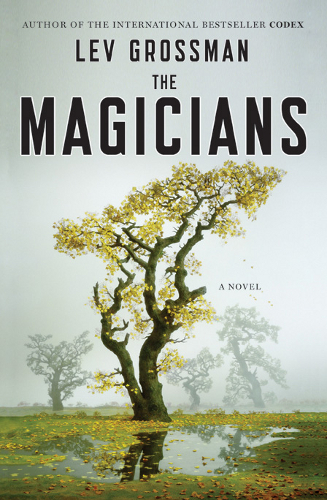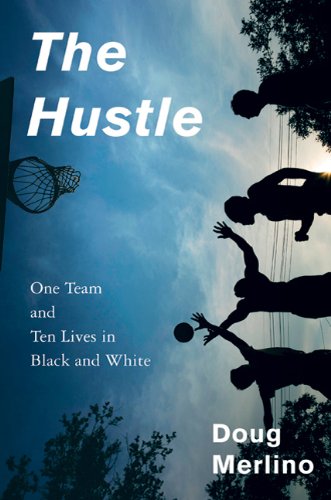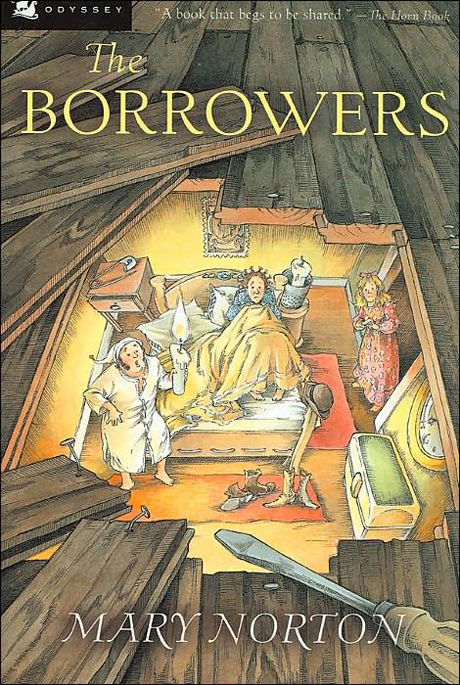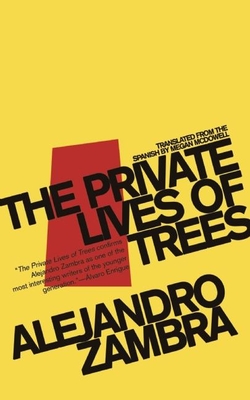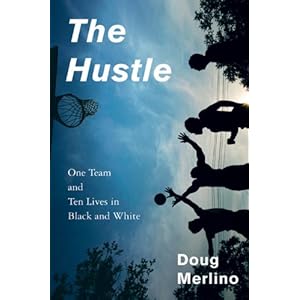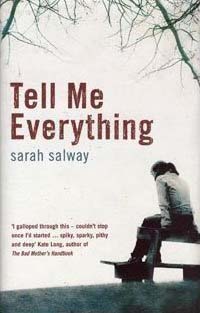January
Typically, the new year is rung in here with friends and fondue but The Ragazzo has been so sick that he was in bed and I celebrated by doing the laundry, watching a video, and going to bed at 10:30. Woo- hoo. Hope you brought in 2010 with more appropriate pomp.
February
Raise High the Roofbeams Carpenter & Seymour and Franny & Zooey are some of my favorite writing ever (J.D. Salinger, those italics were for you). By now, most inveterate readers have heard that J. D. Salinger died last week at the age of 91.
March
Rodolfo Llinas's 2001 book, i of the vortex attempts to bridge our knowledge about the concepts of mind and self and our knowledge about brain cells.
April



I do not remember a time when I couldn't read. My earliest reading memories are the books I loved as a child - The Snowy Day, Little Blue and Little Yellow, I am a Bunny, The Little Bear. Even though in some of those memories I was read to and in some I held the book, they all seem to my current memory to be memories of reading the books myself.
May
In anticipation of writing about Anita Brookner's precisely observed, and sardonic The Debut in the coming days, here is a Paris Review interview with her from 1987. Very exacting in her moral outlook and somewhat rigid in her thinking, she started writing novels in her 50s and has produced one per year.
June
Hmmm, so much for checking in... Returned today from points both Mid Atlantic and Midwest. A little road trip starting in Wisconsin, through Illinois and Indiana, Kentucky, West Virginia, ending up in Pennsylvania at a great little log cabin/b&b. Much seeing of friends and family, (and one fellow book blogger!), and a little bit of post-semester relaxation on our own as well.
July
It was probably a good year-and-a-half ago that Dovegreyreader conducted a wonderful interview with author Charles Lambert where I learned of his collection of stories The Scent of Cinnamon and his novel Little Monsters. I bought the second and for some reason it then festered on my TBR pile unread. Then a few weeks ago I heard described a new novel that Lambert had written set in Italy. I immediately ordered Any Human Face, it arrived this week and I glanced at the first page Thursday evening, becoming instantly hooked.
August
A bunch of us did a quintessential summer in New York thing Saturday. We waited on line in Central Park for free tickets for Shakespeare in the Park. There are two shows to see. One of them is the line. The cast: New Yorkers - interested in what's going on in their city, always the expert on it, not too nosy, generally respectful of the rules (you have to be in a city of 8 million people). There were Risk players, people playing guitar quietly to themselves, nappers, those studying up for the play, those who brought their New York Times (half of it is printed Saturday), their laptops, library book readers, bookstore book readers, kindle readers, those who brought their picnic (us - whole wheat french bread with nutella, and fruit), and those who called the local deli which actually delivers to the line. They sat on benches, lay on blankets, reclined in beach chairs, and snoozed on inflatable mattresses. There were the line monitors employed by the theatre, the tourists capturing the line on their video cameras, the saxophonist playing Mozart and Cole Porter, and the conspiracy theorist parading up and down the line playing for our sympathy. Then, of course, there was also The Winters Tale by William Shakespeare.
September
English-born historian and travel writer William Dalrymple has spent 25 years writing about Asia, particularly India. His Nine Lives bemoans the erosion of the many idiosyncratic and little-known practices of faith, some ascetic, some hedonistic, some bloody, some obsessively non-violent, some monotheistic, others pantheistic, that have co-existed in the region comprising India, Pakistan, and Tibet. One price of the region's modernization is the homogenization of these traditions.
October
As far as I am concerned, a vacation is an opportunity to read away from the typical pressures of life, acquire new books at bookstores I've never been to, take a look at the books in the libraries of the b&bs we stay at, and get through my stack of old New Yorker and New York Times Book Reviews to get new ideas for reading I want to do. In fact, a vacation is not a vacation for me if I can't read.
November
The folks at Edify Media were kind enough to send me an copy of Frank Cottrell Boyce's novel for young readers (8 - 12 says the marketing) - Cosmic.
Mom, Dad - if you're listening - you know I said I was going to the South Lakeland Outdoor Activity Center with the school?
To be completely honest, I'm not exactly in the Lake District.
To be completely honest, I'm more sort of in space.
I'm on this rocket, the Infinite Possibility. I'm about two hundred thousand miles above the surface of the Earth. I'm all right . . . ish.
December
Usually the word bestseller sends me running for cover (I'm such a snob), and I no longer remember what lead me to Nicole Krauss's The History of Love, but it is smashing.











